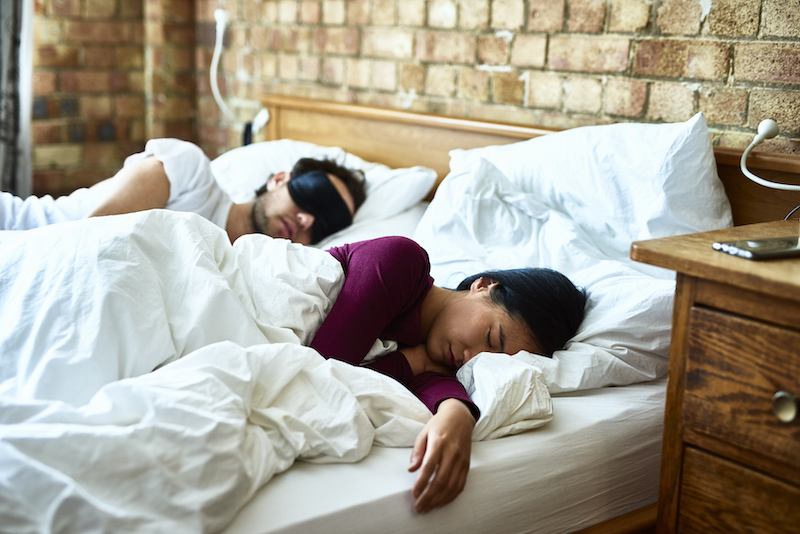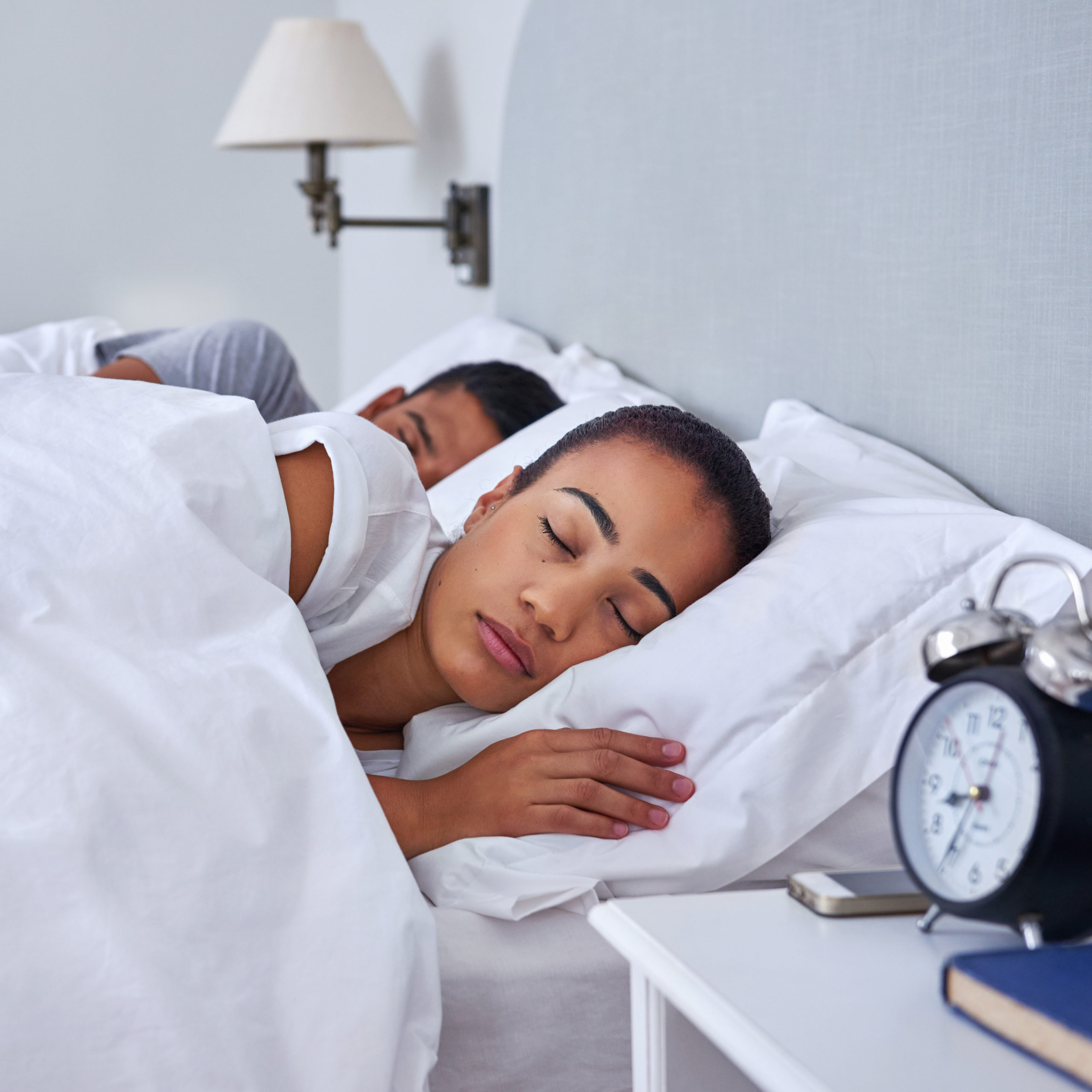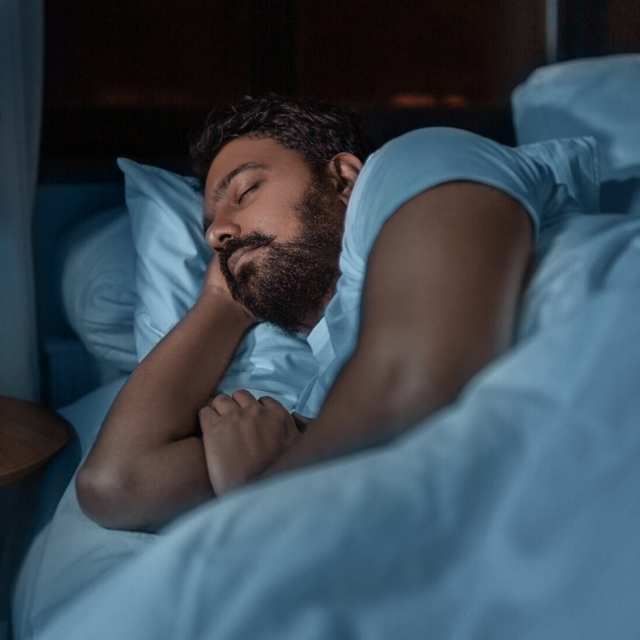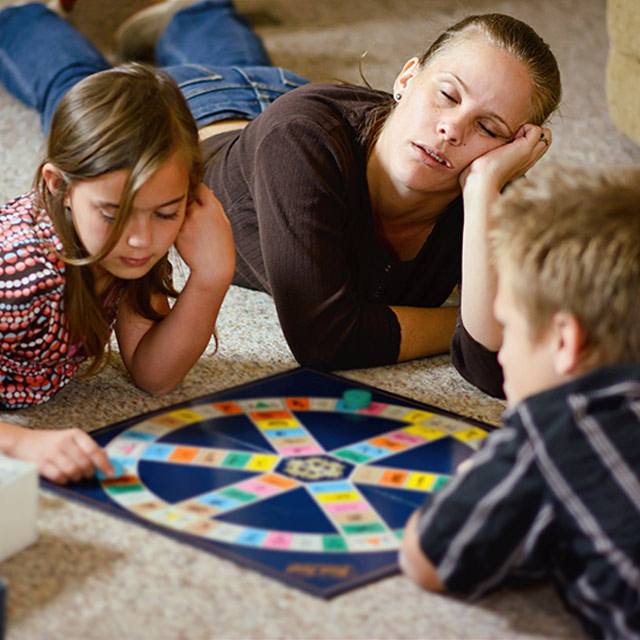Daytime behaviors can have a big effect on your sleep.
It’s not just drinking coffee or energy drinks. Other things you do throughout the day can interfere with getting good sleep.
Behaviors ranging from the foods you eat, to medications you take or even what time of day you work out can influence whether you sleep well or don’t, said Dr. Beth Malow, professor of Neurology with the Vanderbilt Sleep Division of the Vanderbilt Sleep Disorders Center. Sometimes, adjusting something small or seemingly unrelated can make a difference in how much sleep you get and/or the quality of your sleep.
How many hours should you be sleeping? What happens if you don’t get enough?
The American Academy of Sleep Medicine recommends that adults sleep seven hours or more per night on a regular basis to promote their best health. Sleeping fewer than seven hours per night on a regular basis is associated with adverse health outcomes.
According to the Centers for Disease Control and Prevention, getting too little sleep has been linked to the development and management of a number of chronic diseases and conditions, including type 2 diabetes, cardiovascular disease, obesity and depression. Striving to get a full night’s sleep is about more than just feeling good.
What is “sleep hygiene” and how can it improve your sleep health?
The term “sleep hygiene” refers to healthy habits that can improve your ability to fall asleep and stay asleep. These habits can help improve your sleep as well as your overall health, and help you to wake feeling more rested and ready to face the day.
Malow recommends these practices to help improve your sleep health:
- Make sure your bedroom is quiet, dark and relaxing, and that the temperature is at a comfortable level. Consider using room-darkening shades, earplugs, a fan or other devices to create an environment that suits your needs.
- Turn off electronic devices at least 30 minutes before bedtime.
- Remove electronic devices, such as TVs, computers and smart phones, from the bedroom.
- Avoid consuming caffeine in the afternoon or evening, and avoid large meals and alcohol before bedtime. If you are hungry at night, eat a light, healthy snack.
- Get some daily exercise. Being physically active during the day can help you fall asleep more easily at night. However, for some people, exercising close to bedtime can make it tougher to fall asleep. Aim to get your activity in the morning, afternoon or earlier in the evening.
- Keep a consistent sleep schedule. Get up at the same time every day, even on weekends or during vacations. Set a bedtime routine that allows you to get seven to eight hours of rest each night. Being consistent reinforces your body’s sleep-wake cycle.
- If you don’t fall asleep after 20 minutes, get out of bed. Go do a quiet activity without a lot of light exposure. It is especially important to avoid electronics (screens, digital devices, electronic noises, etc.).
- Establish a relaxing bedtime routine, such as taking a bath, listening to soothing music or reading a book.
- Use your bed only for sleeping and sex. Avoid “hanging out” in bed.
- If you tend to wake during the night to use the bathroom, reduce your fluid intake before bedtime.
Use a sleep diary
Wearable sleep trackers will give you a daily report on your sleep quality – how long you’re asleep, how deeply, how often you wake during the night, etc.
If you prefer to use pen and paper instead of a digital tracker, a sleep diary may also be able to help you understand your sleep pattern and how much rest you’re getting. It also will show how often you have disrupted sleep. It allows you to record when you went to bed, woke during the night and woke in the morning. With the downloadable sleep diary from the American Academy of Sleep Medicine, you can track the time of day when you exercise, nap or take a medication. You also will record the time when you have caffeine or alcohol.
This information will give your health care provider an overview of your sleep schedule and may also help you identify factors that are causing a problem.
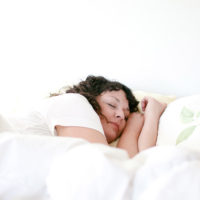
Persistent problem with sleep?
If you have difficulty sleeping or want to improve your sleep, try following these healthy sleep habits. If the problem persists, talk to your health-care provider. You also can seek help from the sleep team at the Vanderbilt Sleep Disorders Center.
